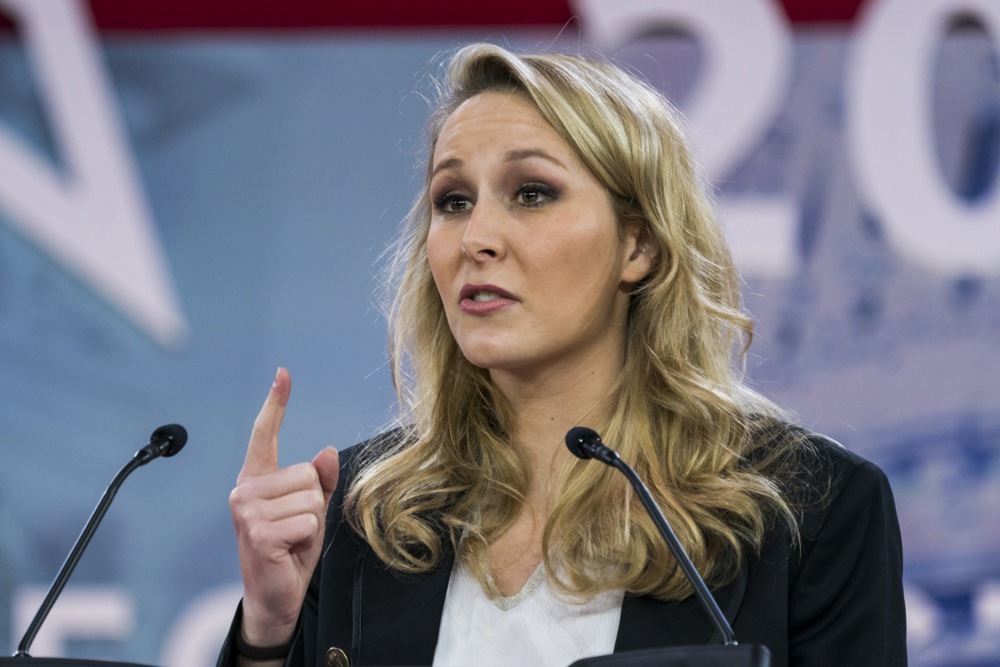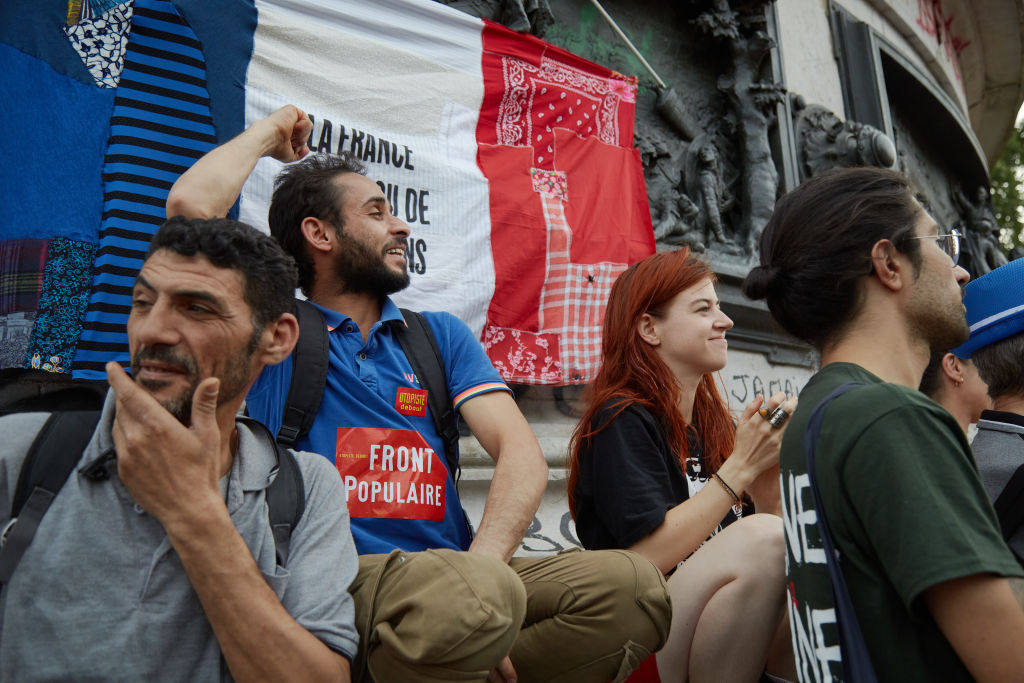The Association for the Support of Whistleblowers (ASLA) has accused European Union’s Digital Services Act (DSA) of “restricting freedom of expression under the disguise of regulation”.
ASLA offers legal support for individuals and right-wing organisations in France.
Anaïs Lignier, head of the ASLA legal and administrative department, told Brussels Signal on August 28 that in her group’s opinion the EU legislation was being used to censor the internet.
“We are witnessing a worrying trend where European legislation, under the guise of combating ‘hate’ and ‘disinformation’, is being used to justify large-scale censorship of the Internet,” she said.
According to the European Commission, the DSA’s main goal is to prevent illegal and harmful activities online and the spread of disinformation. It is designed to ensure user safety, protects fundamental rights and create a fair and open online-platform environment.
Under the DSA, the EC can issue warnings to social media platforms for failing to remove “hateful content”.
For Lignier, though, the DSA terminology is an open door for censorship across the internet.
“What we are seeing is an attempt to control public discourse and marginalise any voice that does not adhere to the dominant ideological line. This is a serious drift that threatens the diversity of opinion and democratic vitality in Europe,” she said.
French politician Marion Maréchal has accused Meta of “arbitrarily “suspending right-wing accounts on Instagram. https://t.co/JxX8RwECcR
— Brussels Signal (@brusselssignal) August 28, 2024
The organisation’s criticism of the DSA followed the alleged censorship of French right-wing accounts including those on Facebook and Instagram.
ASLA also announced on August 26 it was suing platform owner Meta for alleged what it called political discrimination and ideological censorship.
In a public statement, the organisation stated: “These acts of censorship, carried out by META, one of the largest technology companies in the world represent a serious and imminent threat to freedom of expression.”
According to the French association, Meta targeted “patriots” and those who defended majority opinions but also those who disturbed left-wing politicians in power.
“We are convinced that our complaint is well-founded and deserves serious consideration,” the group told Brussels Signal.
“We firmly believe that this legal battle is necessary to ensure that users’ rights are respected and to counter the abuse of power by these major platforms,” it added.





